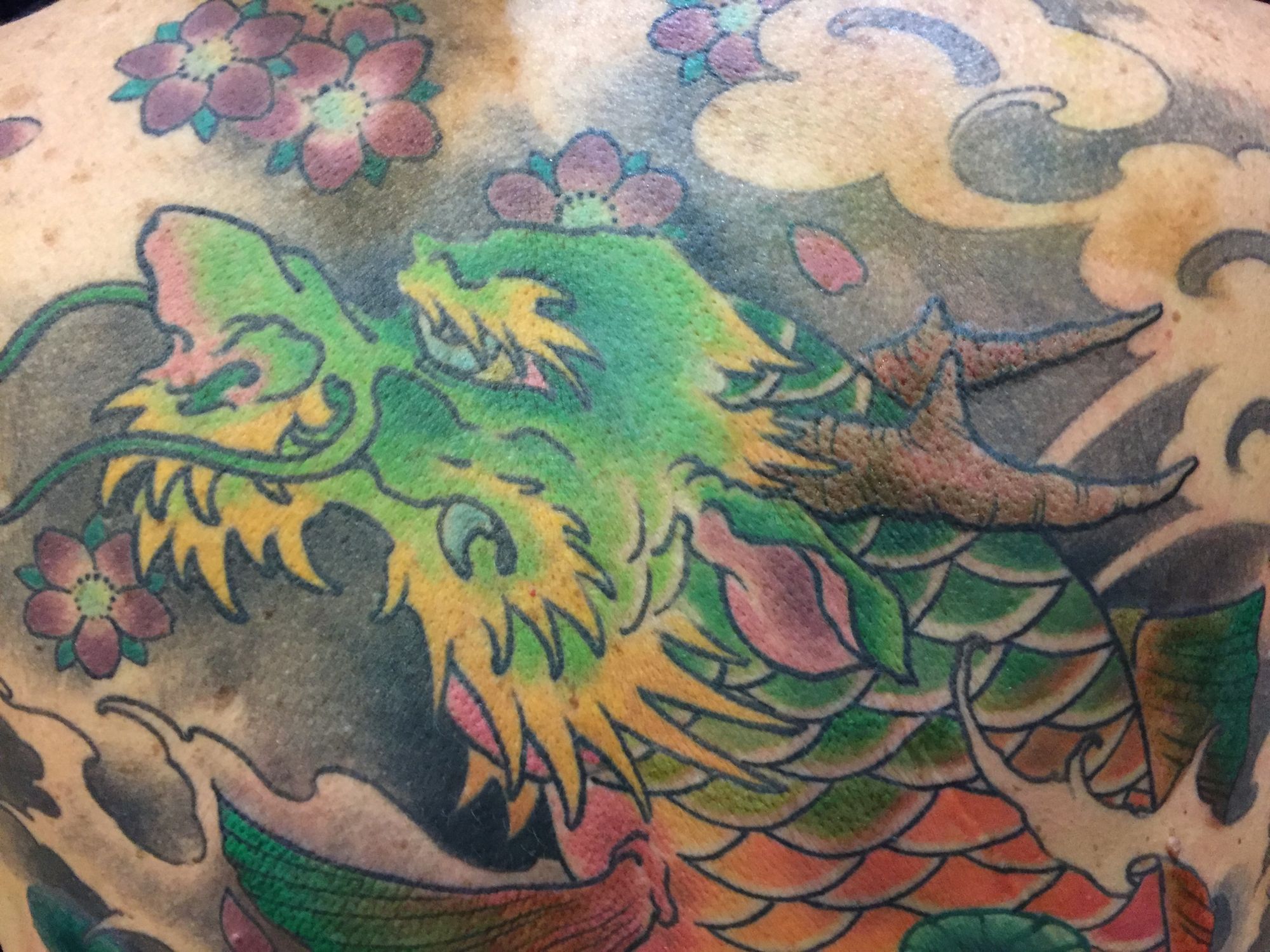
The crack in the dam and intensive care (plus ways to help now)
When I was 19, I got very sick. I had pneumonia that wouldn’t go away. I was kept in an isolation room in a Chicago area hospital for weeks. My mom, a former nurse who never took any shit, determined the doctors there were not up to the task











